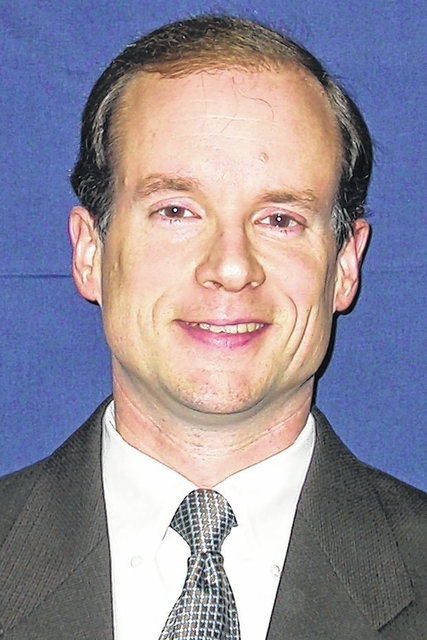RALEIGH — Did you hear that 15 percent of North Carolina’s public schoolteachers left the profession last year, and that conditions are so bad that teachers are leaving our state in droves to teach somewhere else?
If your answer is yes, then I have some bad news: You’ve been had. Neither of these claims is even close to the truth.
I wish I could say that they were just being passed around social media. Unfortunately, the false claims have also been reported prominently by several North Carolina newspapers and at the top of several North Carolina newscasts.
The “15 percent” claim comes from an annual report on teacher turnover published by the Department of Public Instruction. This has never been a report on how many teachers leave the profession each year. For example, “teacher turnover” as measured by DPI includes those who move from one public school district to another within North Carolina but are still teaching, as well as those who become public-school administrators or who take jobs at charter or private schools in the state (which typically pay less than the district-run schools do).
The statistic also includes teachers who retire at full benefits. And it includes the relatively small number of teachers who are actually let go because they aren’t very good at teaching.
So what percentage of our public schoolteachers actually left their jobs voluntarily to change careers or move to another state to teach? About 2.3 percent.
Although comparisons are tricky because of a lack of consistent definitions, North Carolina appears to rank at or below the national average in teacher turnover. On the more specific question of teacher departure to other states, my John Locke Foundation colleague Terry Stoops just published an excellent analysis that turns the common assumption on its head.
Yes, some teachers do leave North Carolina to teach elsewhere. But others move to North Carolina and take teaching jobs here. In both cases, the decision may well have multiple causes. Teachers may be moving where they get more attractive job offers, to be sure, but they may also be moving with spouses, to be closer to families and friends or to places they would simply like to live.
Stoops looked at the data on how many out-of-state teachers obtained state licensure and began teaching in North Carolina public schools. From 2010 to 2015, that came to about 8,500 teachers. During the same period, some 2,200 teachers left North Carolina to teach elsewhere. In other words, we are a large net importer of public school teachers, not a net exporter.
I’m not saying that we can’t do more to attract and retain good teachers. Enacting large increases in starting salaries and pay bumps for teachers early in their careers are excellent strategies, and happen to be what Gov. Pat McCrory and the state legislature have been doing lately. North Carolina’s teacher-pay scale had long been too “steep” — with low starting pay and significant salaries available only after 15 or 20 years on the job.
The next step should be to raise teacher pay across the board, not just in bonuses but in permanent pay raises, while introducing larger pay bumps for teachers who fit high-priority categories such as hard-to-staff subjects, hard-to-staff schools and exceptional performance in value-added assessments.
We are likely to see legislative action on both these fronts in 2016 and beyond. Nor is compensation the only barrier to attracting and retaining good teachers. Working conditions, including student discipline, deserve close attention as well.
So, yes, there’s a lot of work left to do. But sound public policy flows from sound data. Clueless (or perhaps just overworked) reporters and the special-interest groups feeding them misinformation are doing the public a disservice by misstating the size and scope of the problem.
No, 15 percent of North Carolina teachers did not exit the profession last year. And no, North Carolina is not a net exporter of teachers to other states.
Keep that in mind the next time the Chicken Littles start squawking.
John Locke Foundation chairman John Hood is the author of “Catalyst: Jim Martin and the Rise of North Carolina Republicans.”

